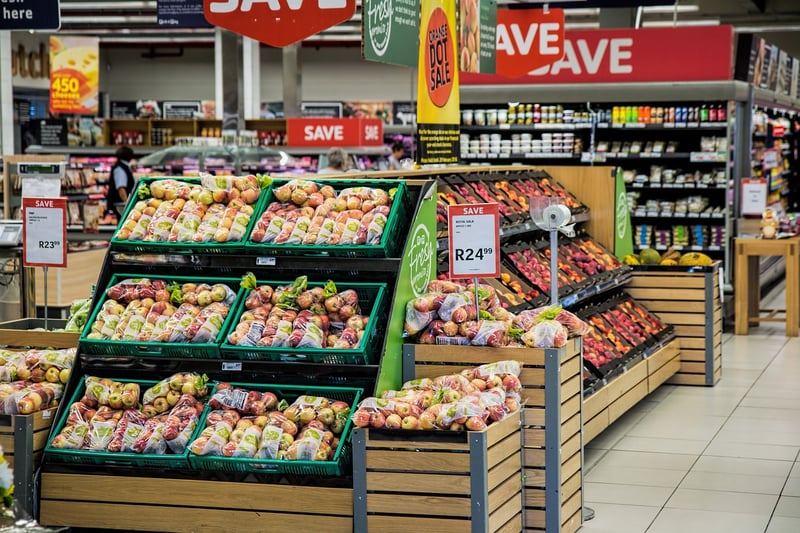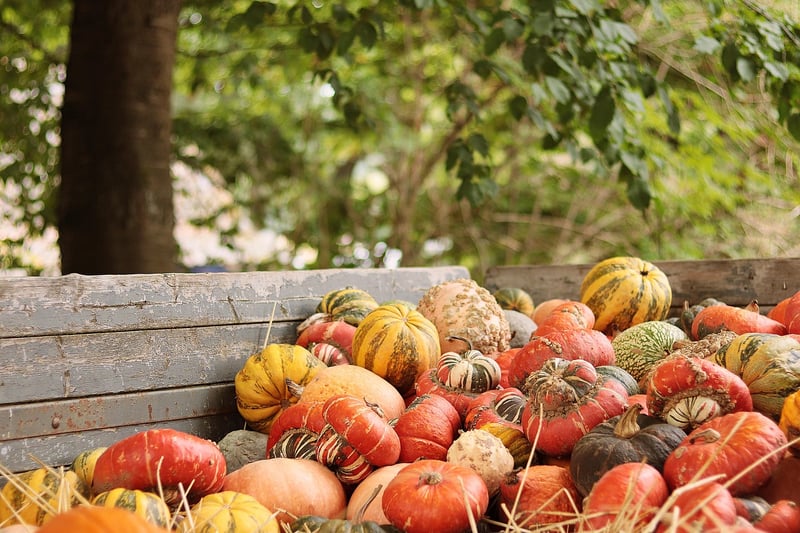Seasonal Produce
Food Essentials and Seasonal Produce
Introduction
Understanding food essentials and seasonal produce is crucial for maintaining a balanced diet and making sustainable food choices. By focusing on essential nutrients and incorporating seasonal fruits and vegetables into your meals, you can promote overall health and well-being.
Food Essentials
Food essentials are nutrients that are vital for the proper functioning of the body. These include:
- Proteins: Essential for building and repairing tissues.
- Carbohydrates: Provide energy for daily activities.
- Fats: Necessary for absorbing vitamins and maintaining cell structure.
- Vitamins and Minerals: Support various bodily functions and processes.
- Water: Essential for hydration and overall health.
Seasonal Produce
Eating seasonal produce has numerous benefits, including:
- Freshness: Seasonal fruits and vegetables are often fresher and tastier.
- Nutrient-rich: Produce harvested in-season is typically higher in nutrients.
- Cost-effective: Seasonal produce is more abundant and affordable.
- Sustainability: Supports local farmers and reduces the carbon footprint.
Examples of Seasonal Produce
Here are some examples of seasonal fruits and vegetables:
- Spring: Strawberries, asparagus, peas, spinach.
- Summer: Watermelon, tomatoes, zucchini, bell peppers.
- Fall: Pumpkins, apples, sweet potatoes, Brussels sprouts.
- Winter: Citrus fruits, kale, beets, carrots.
Conclusion
By understanding food essentials and incorporating seasonal produce into your diet, you can improve your nutrition, support local farmers, and contribute to a more sustainable food system. Make informed choices about what you eat to lead a healthier and more environmentally conscious lifestyle.
Remember, a balanced diet rich in essential nutrients and seasonal produce is key to overall well-being.

